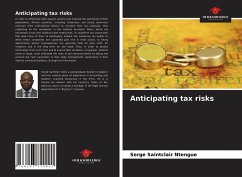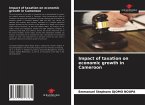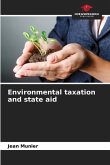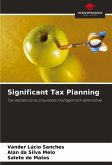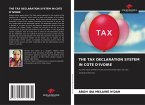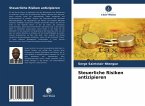In order to effectively fight against poverty and improve the well-being of their populations, African countries, including Cameroon, are facing enormous pressure from international donors to increase their tax revenues, thus subjecting all the companies in the national economic fabric, which are essentially small and medium-sized enterprises, to multiform tax constraints that lead many of them to bankruptcy. Indeed, the numerous tax audits to which these companies are subjected give rise in most cases, to heavy adjustments whose consequences are generally fatal for their staff, for investors and in the long term for the State. Thus, in order to protect themselves from such risks and to ensure their durability, companies, whether small or large, must anticipate the risks of tax reassessments by taking into account the "tax" parameter in their daily management, particularly in their internal control procedures, through tax information.
Bitte wählen Sie Ihr Anliegen aus.
Rechnungen
Retourenschein anfordern
Bestellstatus
Storno

